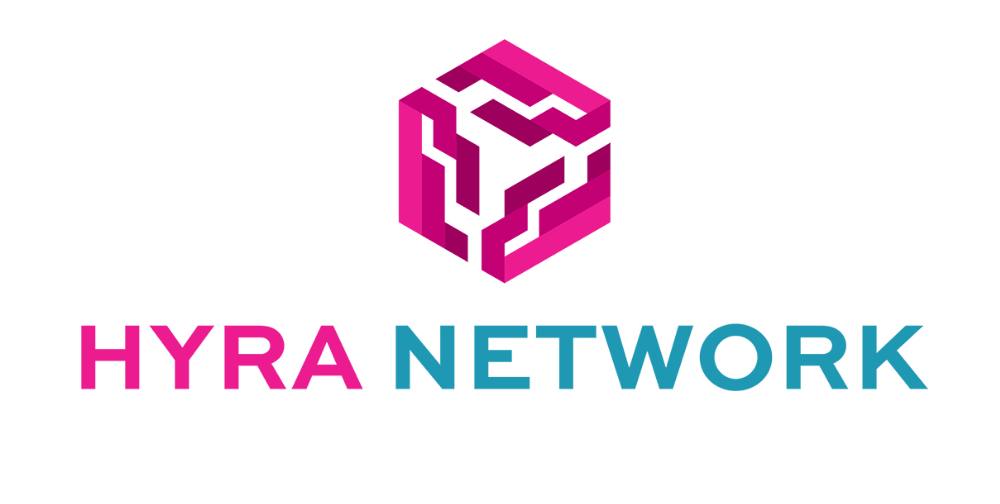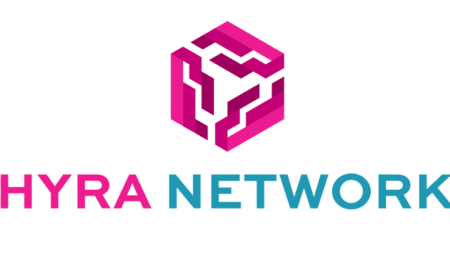Among the dozens of cybersecurity companies dominating global tech infrastructure, Fortinet is a leader, thanks to the work of its principal DevOps engineer, Amit Chandpurkar.
With over a decade of experience in IT, Chandpurkar has been key in setting up advanced continuous integration and continuous deployment (CI/CD) pipelines, which are crucial for software security and continued functionality.
The Role of a DevOps Engineer
A DevOps engineer is a vital part of modern IT organizations, connecting development and operations teams. They require a mix of technical skills and project management abilities as they manage both the technological and human sides of the developer pipeline.
At Fortinet, Chandpurkar’s duties include designing and implementing scalable CI/CD pipelines, automating infrastructure provisioning, and ensuring both the security and actual availability of the internal systems a DevOps team may rely on.
“DevOps is about continuous improvement. It’s not just about the tools and technologies we use, but about bringing a team of diverse individuals together,” says Chandpurkar.
On the more technical side, DevOps engineers like Chandpurkar automate repetitive tasks, manage infrastructure code, and integrate various systems into a unified team-wide workflow. Their efforts speed up update delivery and improve the reliability of the software the developer team develops
Understanding CI/CD Pipelines
CI/CD pipelines are central to DevOps practices, allowing teams to automate the process of integrating, testing, and deploying code changes. Continuous integration (CI) involves regularly merging code changes into a central repository, where automated builds and tests are run to detect issues early. Continuous deployment (CD) extends this process by automatically deploying the tested code to production environments for further quality analysis.
“CI/CD pipelines are essential for maintaining the pace of software rollouts,” explains Chandpurkar. “With the CI/CD system, we can catch and fix issues early. No user bug reports necessary.”
The CI/CD pipeline typically includes several stages: source code management, build, test, and deploy. Each stage is automated to minimize human error and ensure consistency. For example, when a developer commits code to the repository, the CI system automatically triggers a build process, followed by a series of tests. The code is deployed to a staging or production environment if it passes all tests.
The Importance of CI/CD in DevOps
Implementing CI/CD pipelines brings many benefits to DevOps teams. One of the main advantages is the ability to deliver software updates more frequently. This is crucial in the cybersecurity industry, where quick responses to emerging threats are essential.
“With CI/CD, we can deploy new features and security patches quickly, without compromising quality,” says Chandpurkar. “This agility is vital in staying ahead of cyber threats and meeting the evolving needs of our customers.”
CI/CD pipelines also improve collaboration between the aforementioned development and operations teams. By automating the integration and deployment processes, these teams can focus on writing better code with minimal blocker presence. The continuous feedback loop provided by CI/CD helps teams identify and address issues promptly, reducing the time and cost associated with fixing bugs in the later stages of development.
Advanced CI/CD Practices at Fortinet
At Fortinet, Chandpurkar has implemented advanced CI/CD practices using Kubernetes, Docker, and Terraform technologies. These tools enable the automation of complex workflows and the management of infrastructure as code.
“We use Kubernetes to orchestrate our containerized applications. This way, we can scale and manage our deployments better. Terraform helps us automate the provisioning and configuration of our cloud infrastructure, whereas Docker augments Kubernetes with the containerized apps,” explains Chandpurkar.
Chandpurkar’s contributions to the company’s CI/CD have also led to the integration of several security measures, a practice known as DevSecOps. By incorporating security checks and vulnerability assessments into the CI/CD process, Fortinet ensures that its software is not only functional but also secure from the outset.
“Security is a top priority for us. With my security integrations into the pipeline, we ensure no vulnerabilities are pushed to the end-user,” says Chandpurkar.
The Future of DevOps and CI/CD
The demand for faster and more reliable software delivery continues to grow, with the role of DevOps engineers becoming increasingly important. Chandpurkar believes that the future of DevOps lies in adopting artificial intelligence (AI) to enhance the efficiency and effectiveness of CI/CD processes.
“AI has the potential to turn DevOps on its head. With deeper insights into our workflows, we can explore new technologies and save significant time lost on routine tasks,” says Chandpurkar.
Amit Chandpurkar’s work at Fortinet exemplifies the critical role of DevOps engineers in modern IT organizations. Through advanced CI/CD pipelines, security frameworks, and staff coordination, these underserved individuals ensure the world’s software delivery systems are intact and as efficient as possible. As DevOps practices continue to evolve, the key to success will remain the focus on collaboration between team members.



































